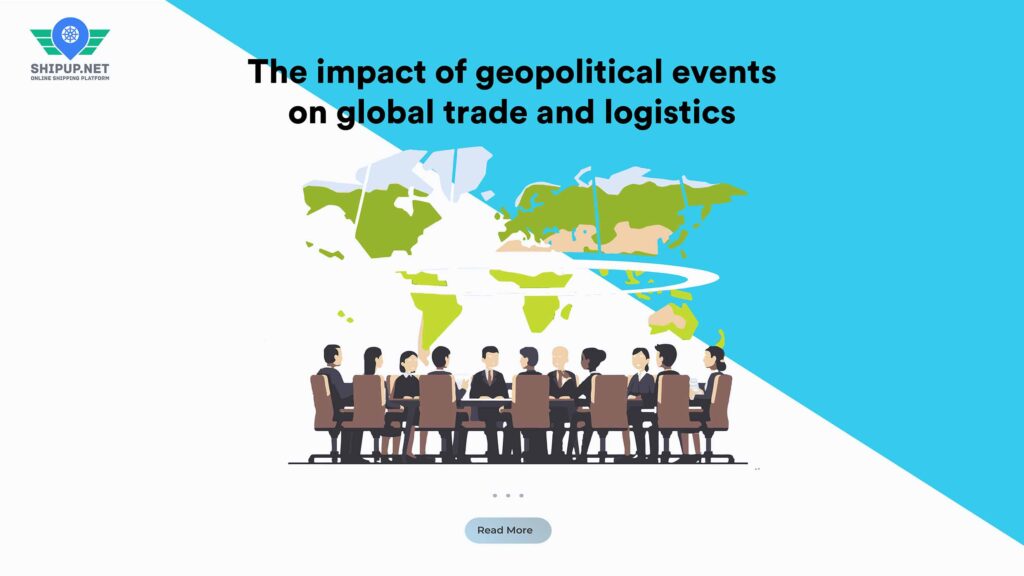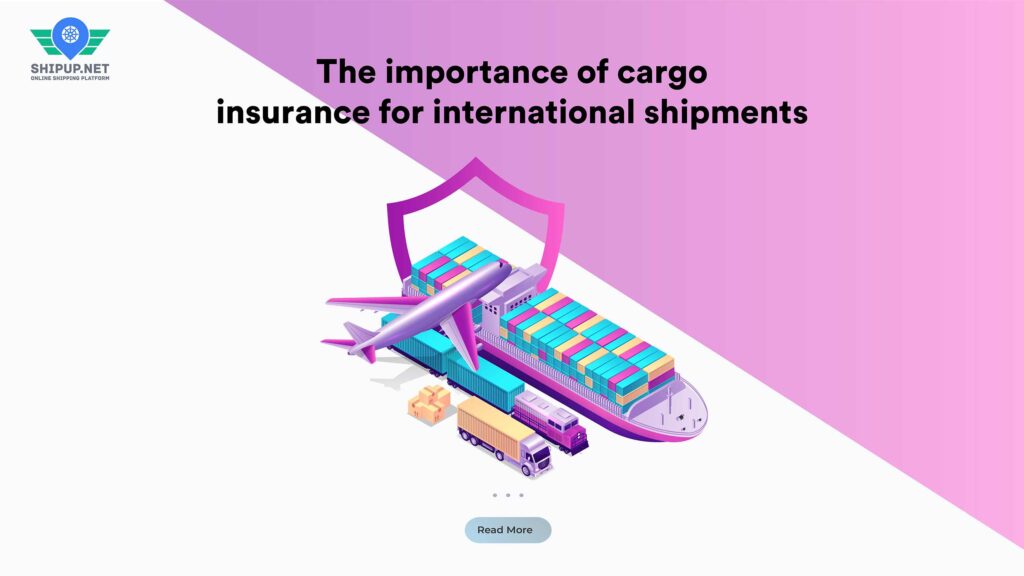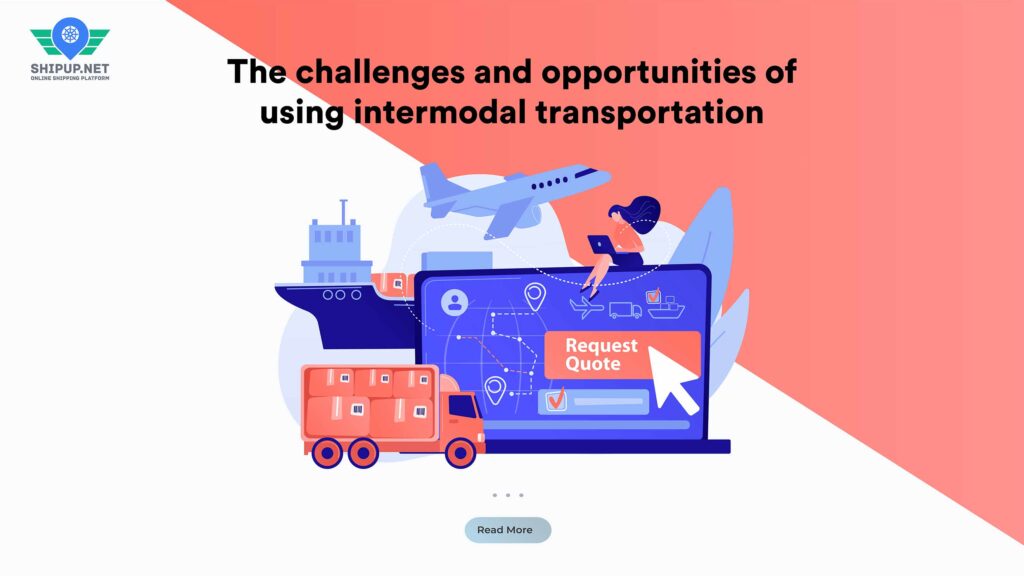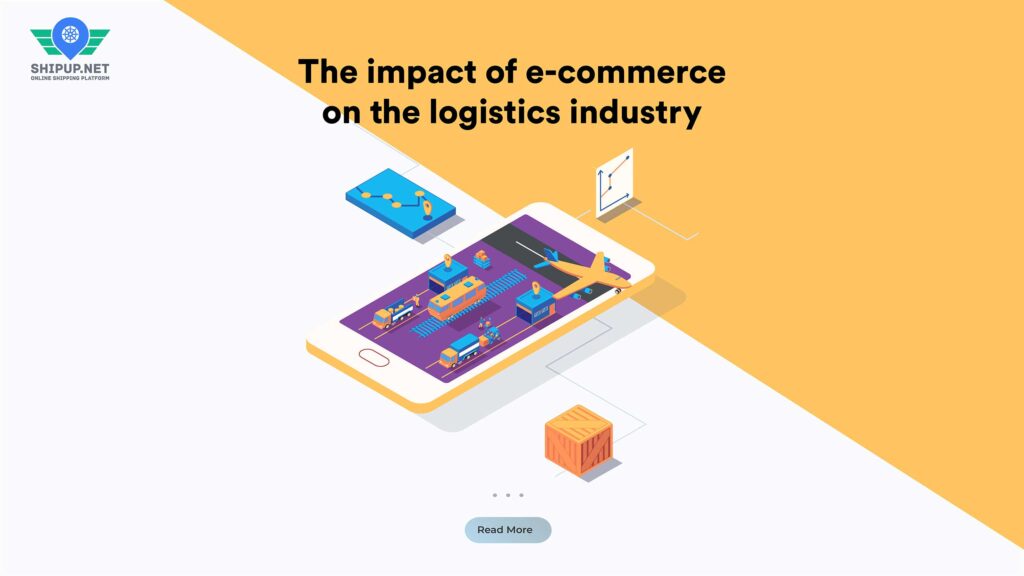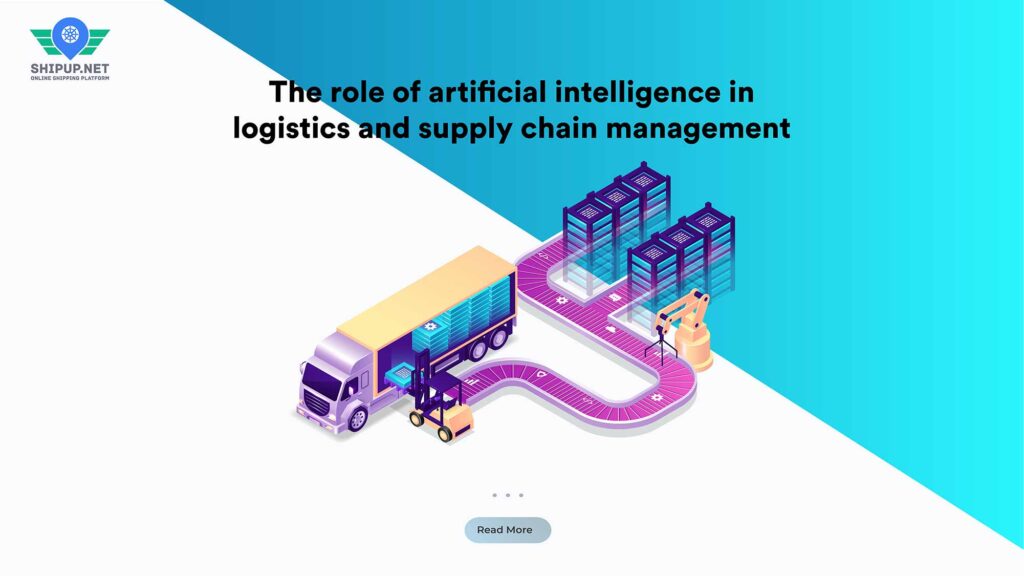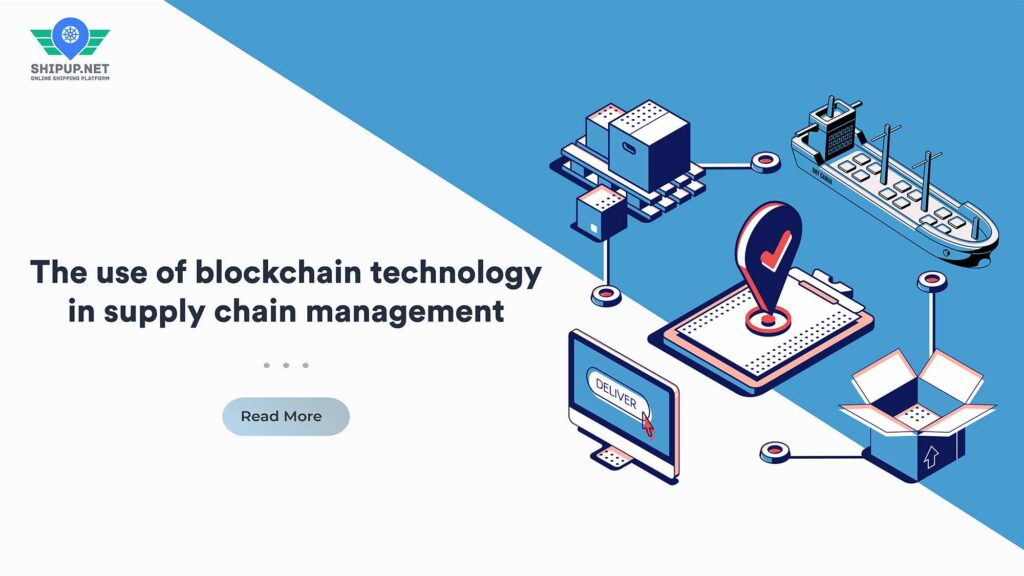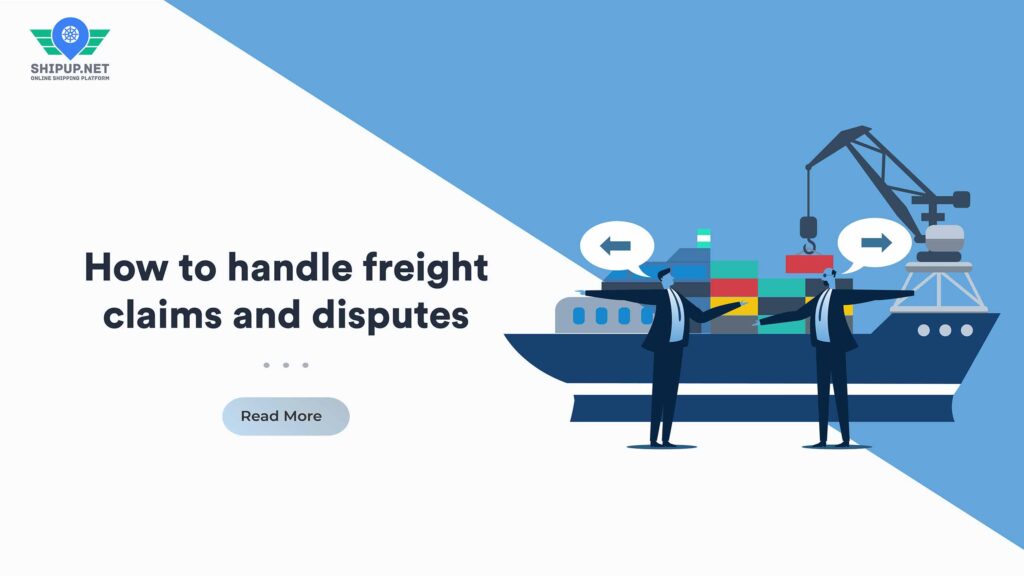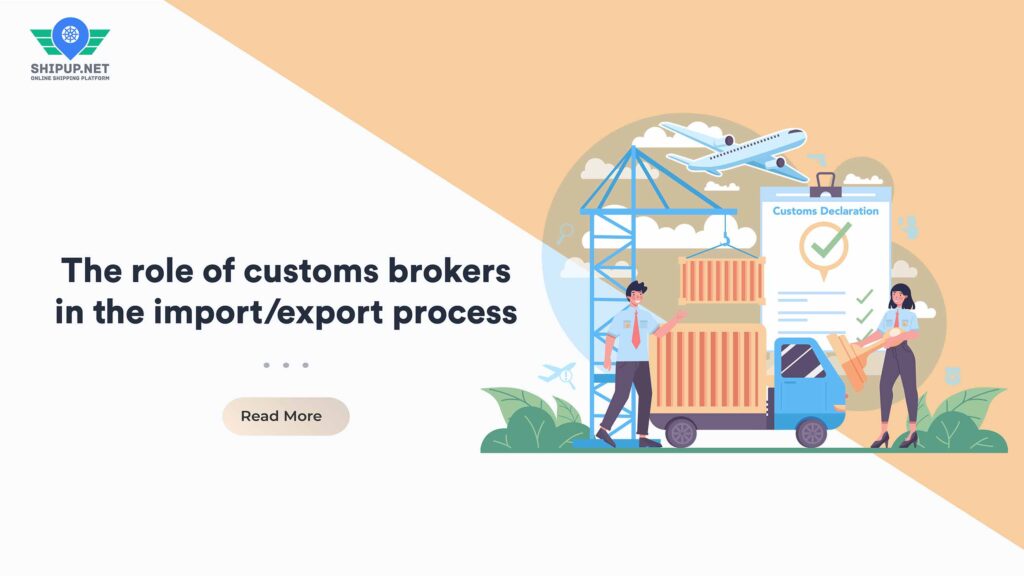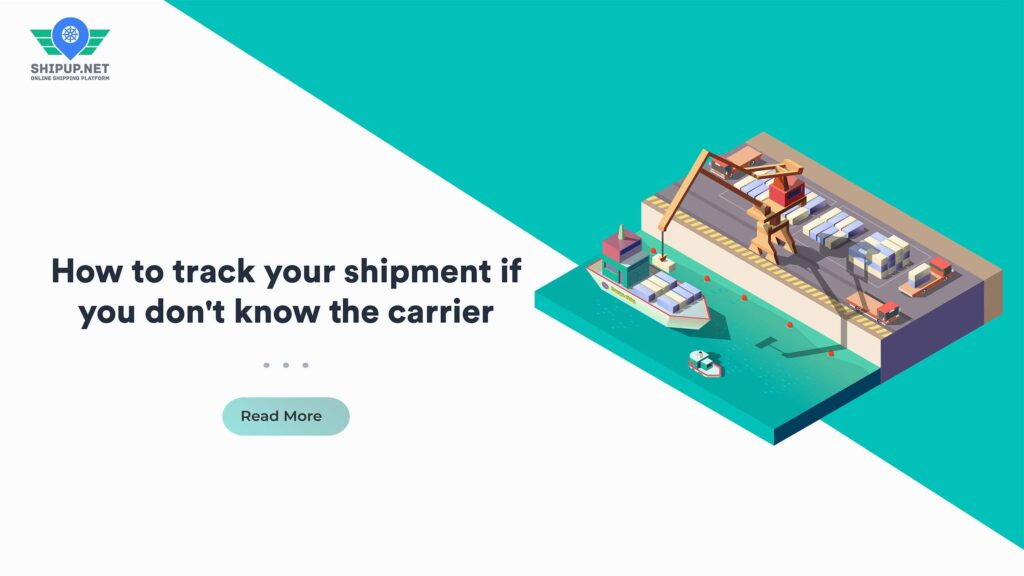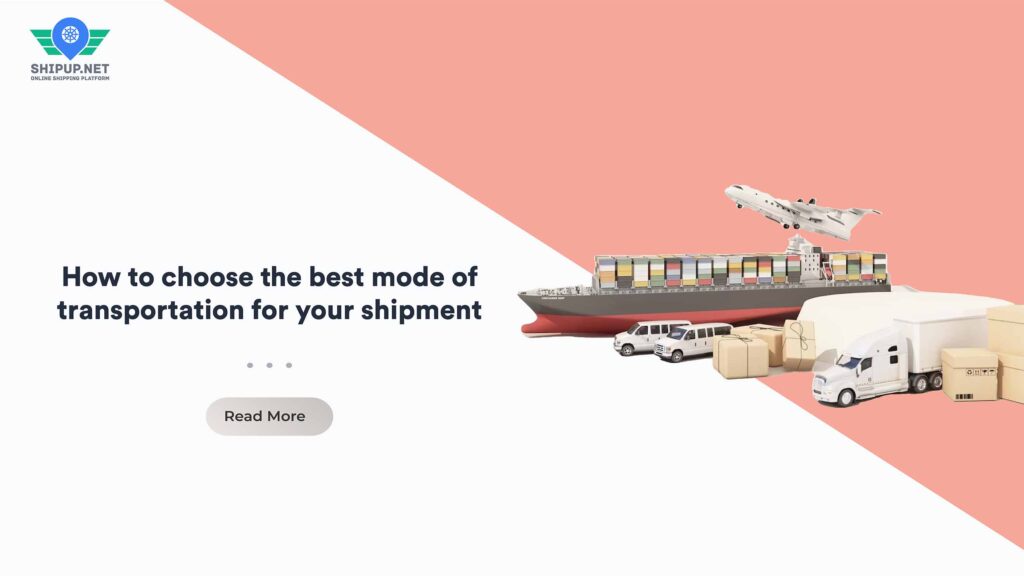The impact of geopolitical events on global trade and logistics cannot be understated. As the world navigates through unpredictable times, supply chains are being exposed to the weaknesses of a system that prioritizes efficiency over resilience
Trade Guide
The Importance of Cargo Insurance for International Shipments
In the shipping industry, the delivery of goods safely and within the promised timeframe is a crucial factor that determines the success of all parties involved. Regardless of whether the shipment is being transported across a single country or across the globe, unforeseen events can occur during transit, which can throw off even the most carefully laid plans. From unexpected accidents on the road to incidents of cargo theft, or even natural disasters, there are a myriad of risks that can cause damage or loss to a shipment.
The Challenges and Opportunities of Using Intermodal Transportation
In this blog post, we’ll delve into the challenges and opportunities of using intermodal transportation and share inspiring case studies of successful implementation. Get ready to explore a world of transportation possibilities that can take your business to the next level!
The Impact of E-commerce on Transportation and Logistics
The impact of e-commerce on the transportation and logistics industry has been immense. The need for efficient and quick delivery of products has forced logistics companies to optimize their supply chain operations. This has led to the implementation of new technologies like automated warehouses, drones and robots for product delivery. The use of these technologies has not only made deliveries faster but has also reduced the cost of transportation and increased efficiency.
The Role of Artificial Intelligence in Logistics and Supply Chain Management
The age of Artificial Intelligence (AI) has taken the supply chain industry by storm, and the fascination around its integration continues to grow among supply chain professionals. Here at Visiwise, we’ve embraced AI to facilitate international supply chain and logistics management, pushing the boundaries of this game-changing trend. The complexity of managing the flow of goods and services has posed challenges for businesses that require efficient logistics network management
The Use of Blockchain Technology in Supply Chain Management
Supply chain management has been an integral part of businesses since the earliest trade routes were established. From ancient Silk Road traders to modern-day e-commerce giants, efficient and transparent supply chains have always been the key to success. However, with increasing global trade and complex logistics, traditional supply chain management systems are often marred with delays, disputes, and a lack of transparency.
How to Handle Freight Claims and Disputes
The process of filing a freight claim can be complex and time-consuming, but it’s essential to get the compensation you deserve. The first step is to gather all the necessary documentation, such as the bill of lading, inspection reports, and delivery receipts. It’s crucial to submit the claim within the specified time frame and follow the carrier’s specific instructions. The carrier will then investigate the claim and make a settlement offer based on their findings.
The Role of Customs Brokers in the Import/Export Process
The world of international shipping is a very complex and ever-changing landscape, with thousands of shipments crossing borders every day. Just imagine how many people are working in different corners of the work aiming one thing: Smooth logistics
How to Track Your Shipment if You Don’t Know the Carrier
When you’re dealing with ocean container shipments, tracking can be a headache. And if you don’t know the carrier, it can feel like a guessing game. But fear not! There is a solution to this tracking mystery
How to Choose the Best Mode of Transportation for Your Shipment
If you are an importer/exporter, freight forwarder or shipping expert, you can simply imagine this situation: You’ve spent weeks carefully crafting your products, ensuring they’re of the highest quality. You’re ready to ship them off to your customers, but wait! Have you considered the mode of transportation you’re using to get your products to their destination? This is the thing you should consider!
